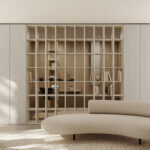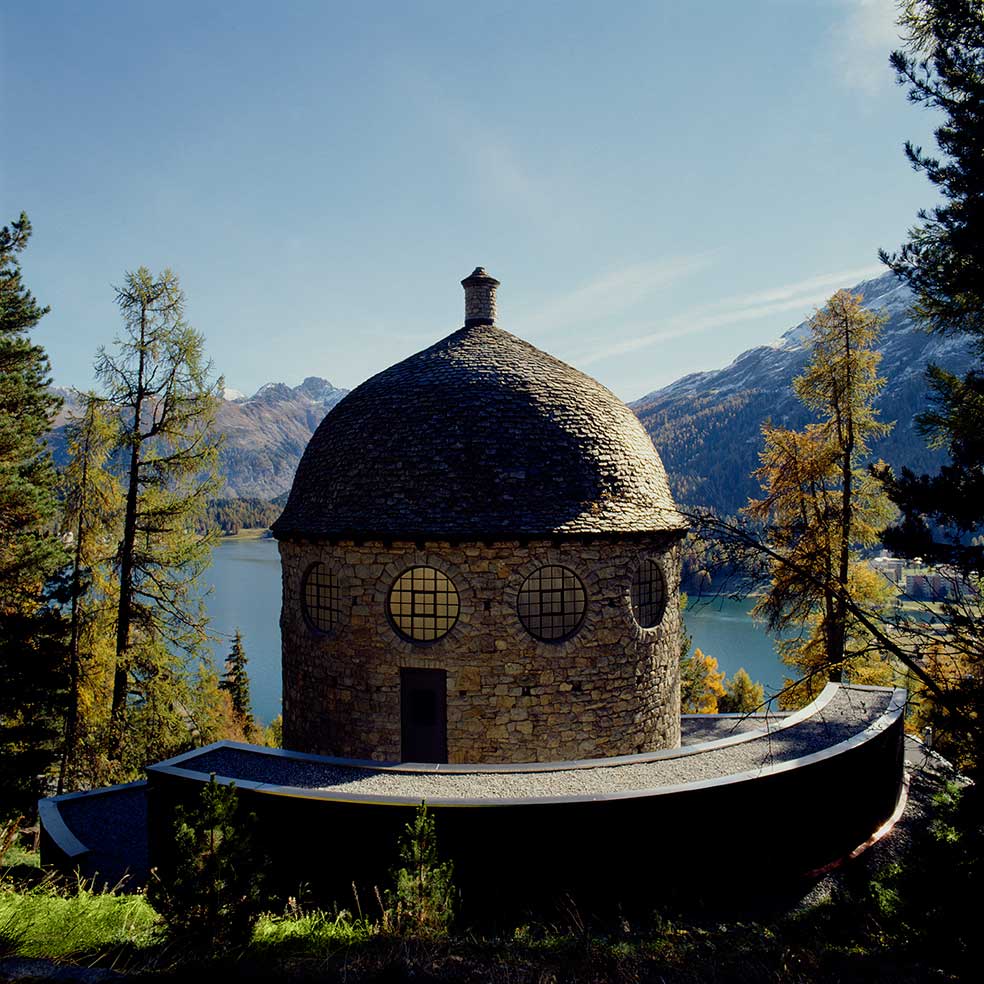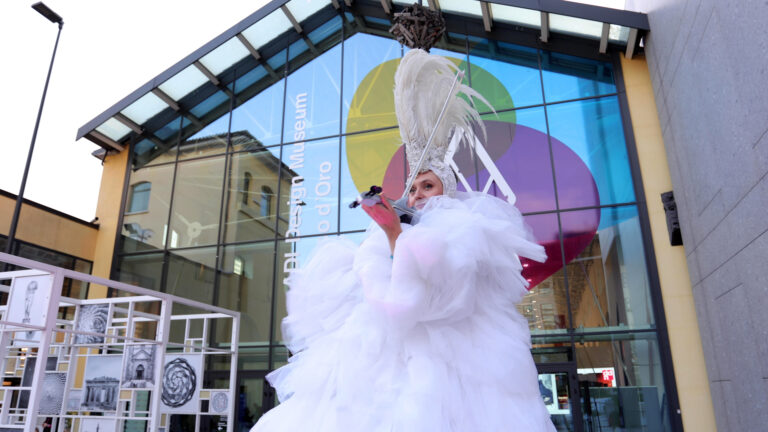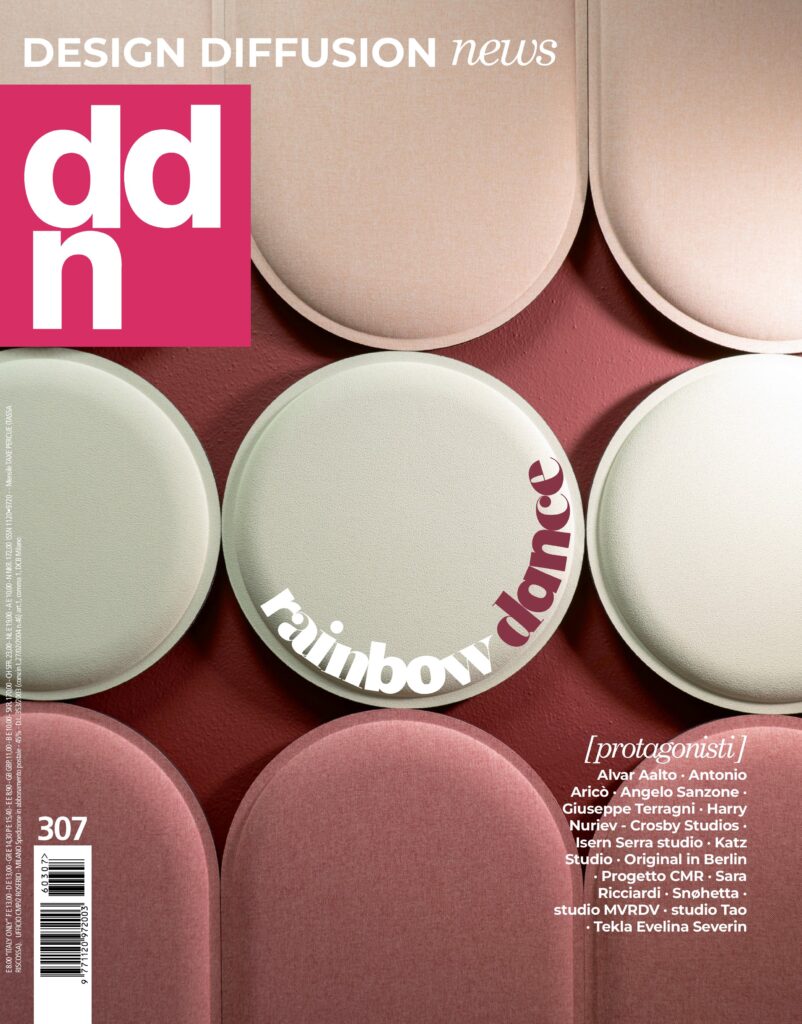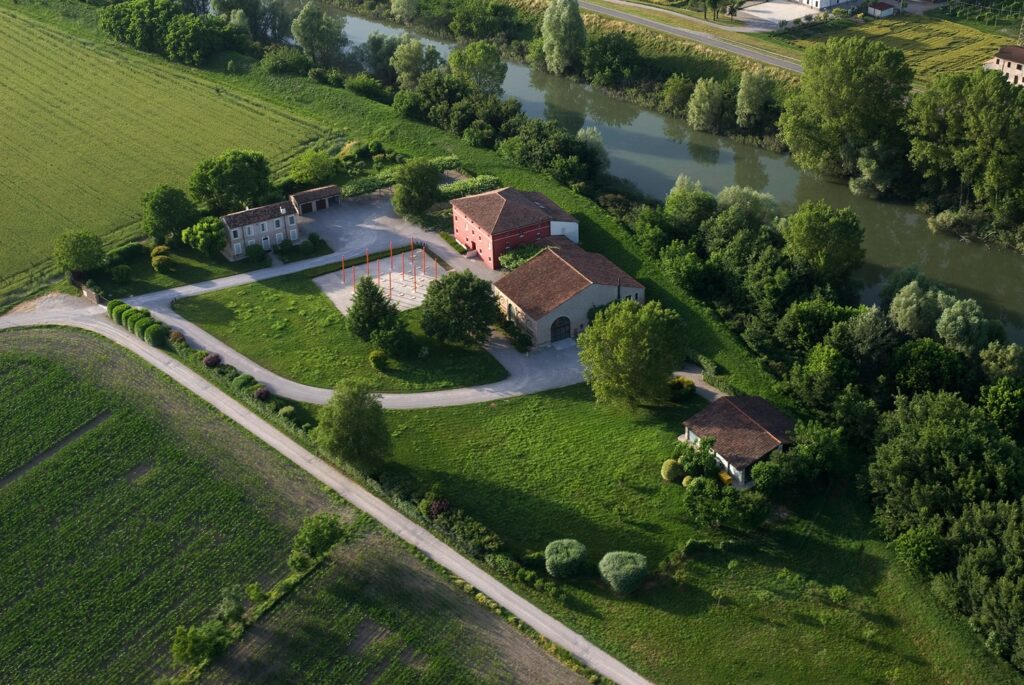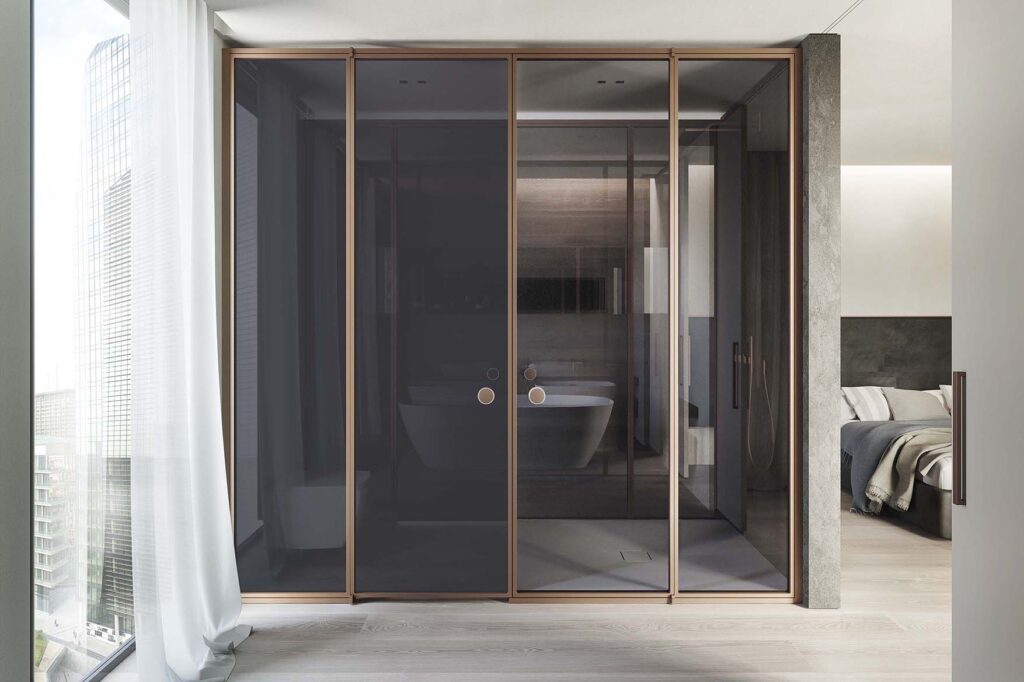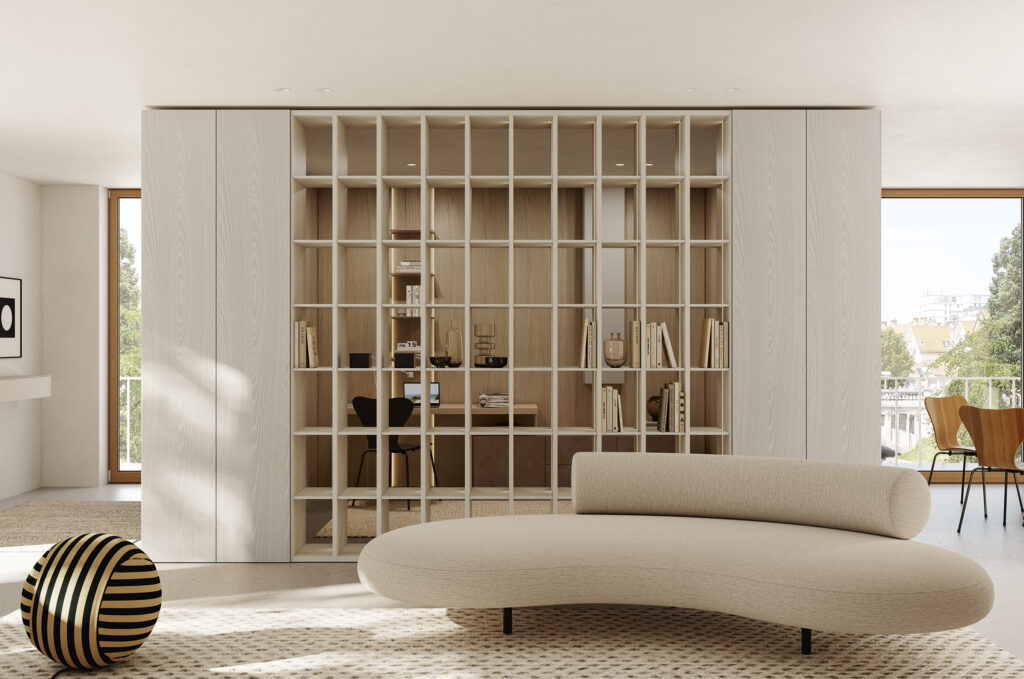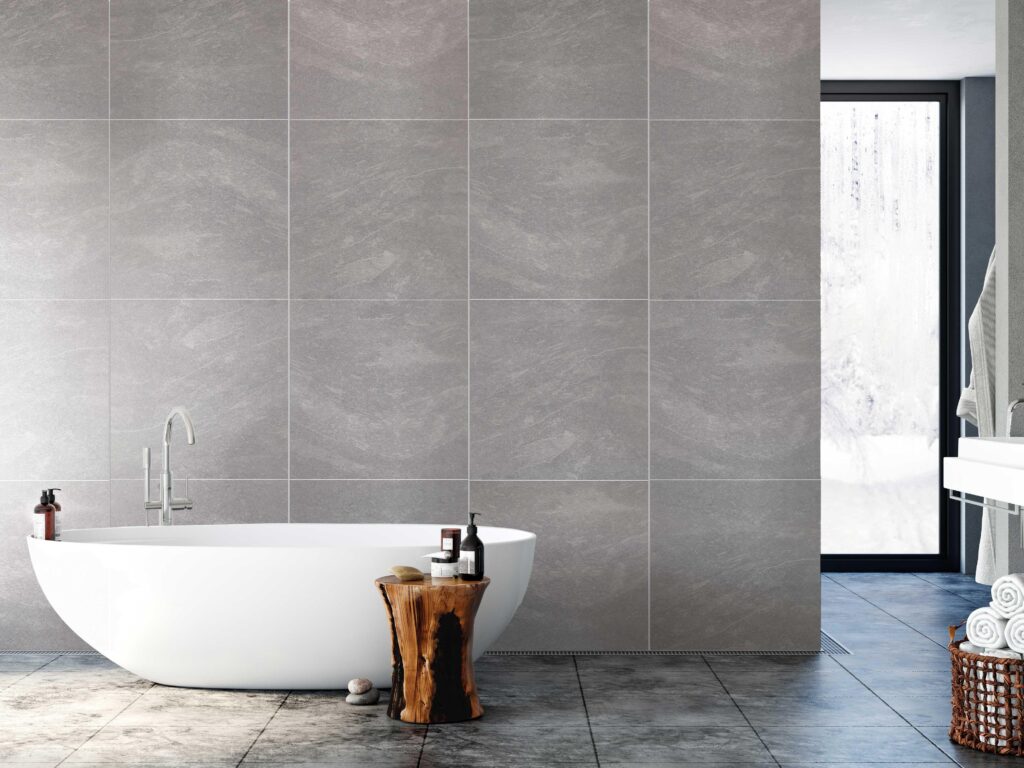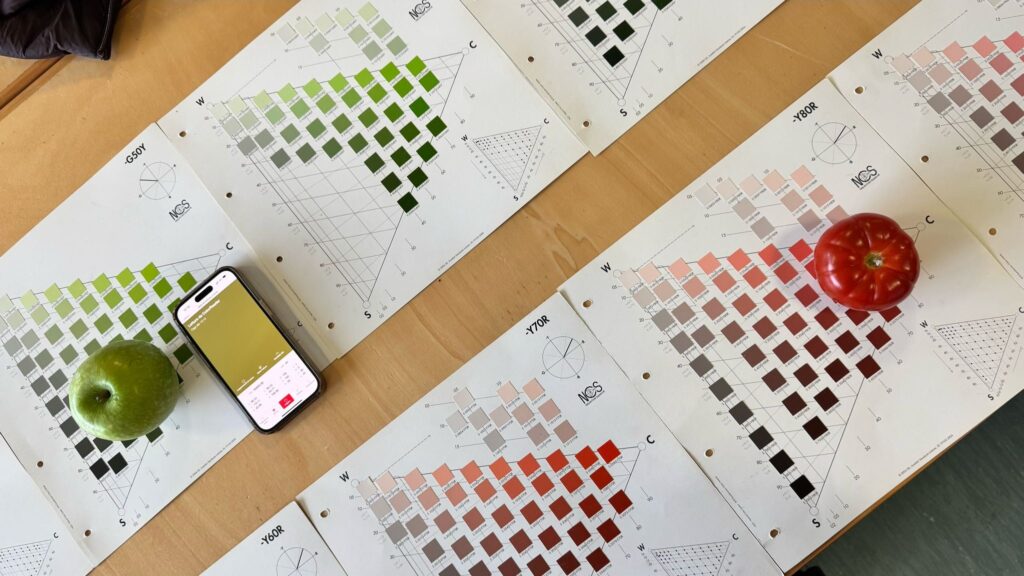In St. Moritz, the museum dedicated to Giovanni Segantini, a leading exponent of divisionism, has been restored
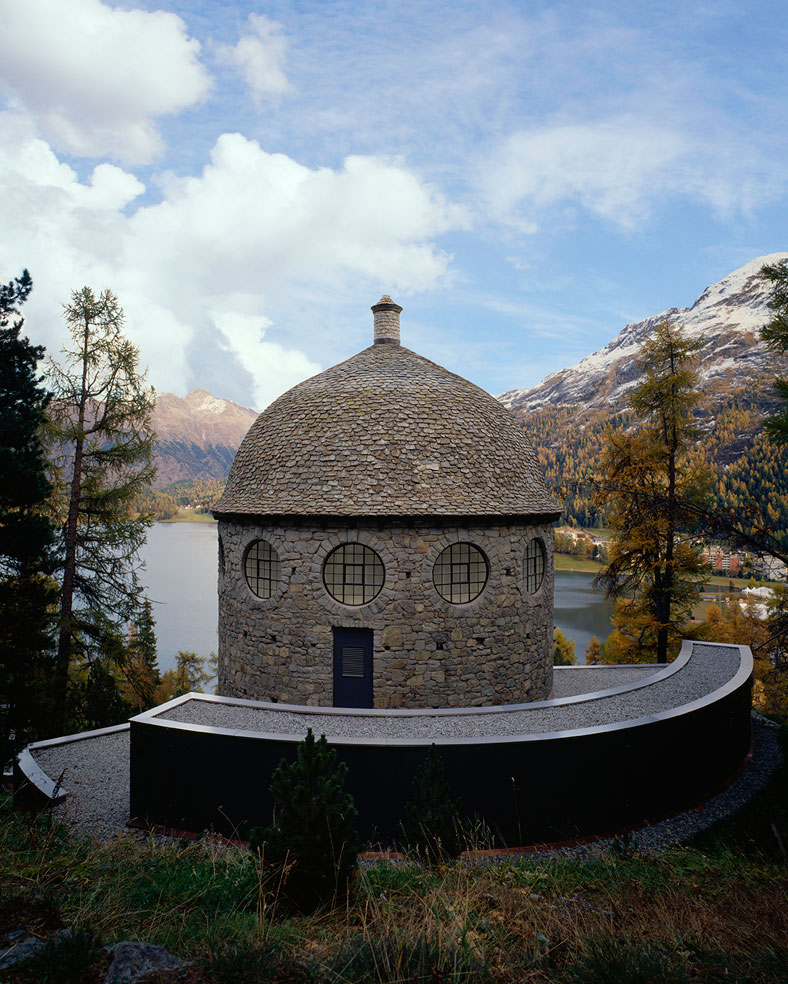
In 1908, in St. Moritz, architect Nicolaus Hartmann designed a building with a circular plan, large round windows along the perimeter and a majestic dome. This mausoleum was meant to accommodate the paintings “La Vita” and “La Morte” in the domed hall, as well as photographs, drawings and engravings illustrating Segantini’s life.
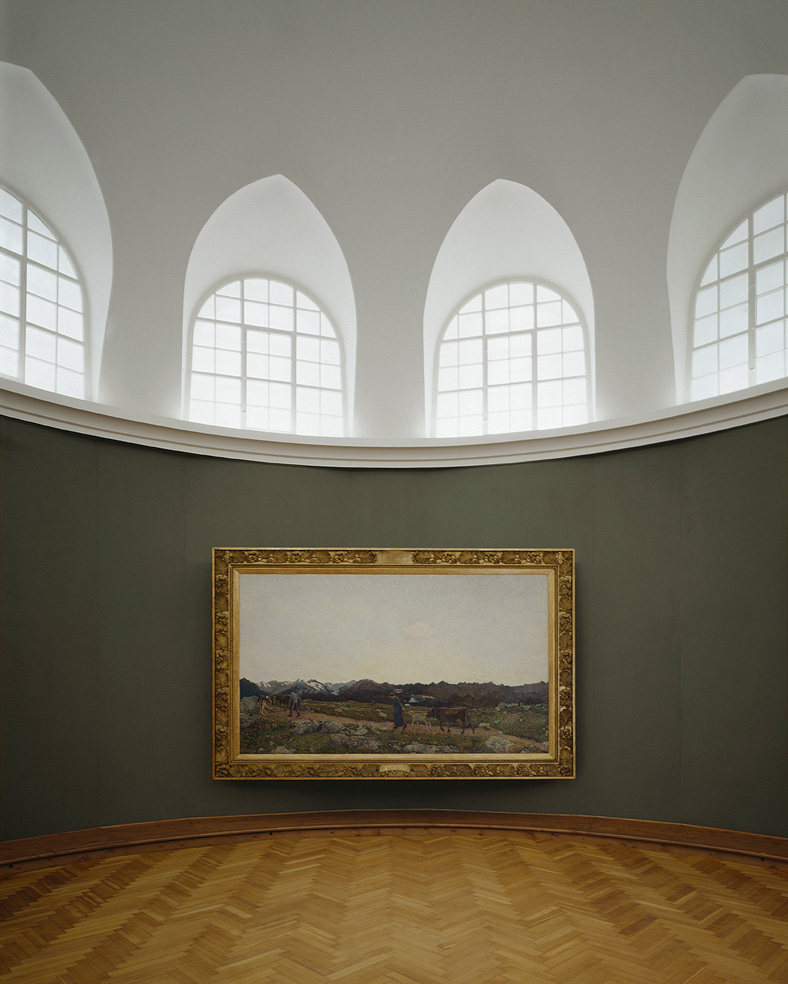
La Vita and La Morte are two of the paintings that make up the “Trittico della Natura”, created by Segantini for the 1900 Paris Exposition. Originally a part of a project for the Swiss pavilion, the triptych was displayed in the Italian pavilion at the Paris Exposition.
Discover also Nomad St. Moritz: design at high altitude
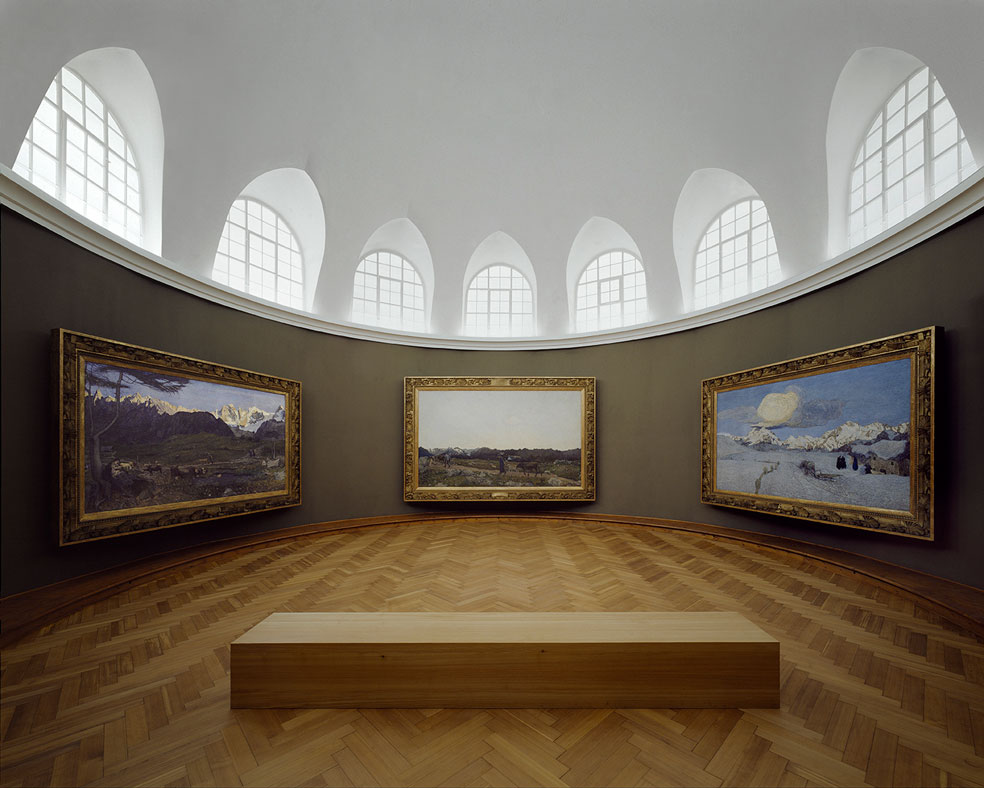
Over the years, the museum acquired also “La Natura”, but each painting was exhibited on a base of its own. In the 1980s, a structure surrounding the building was added and other works aimed at improving technical services were carried out. Unfortunately, these works had a negative impact on air quality, temperature and humidity, jeopardizing the paintings.
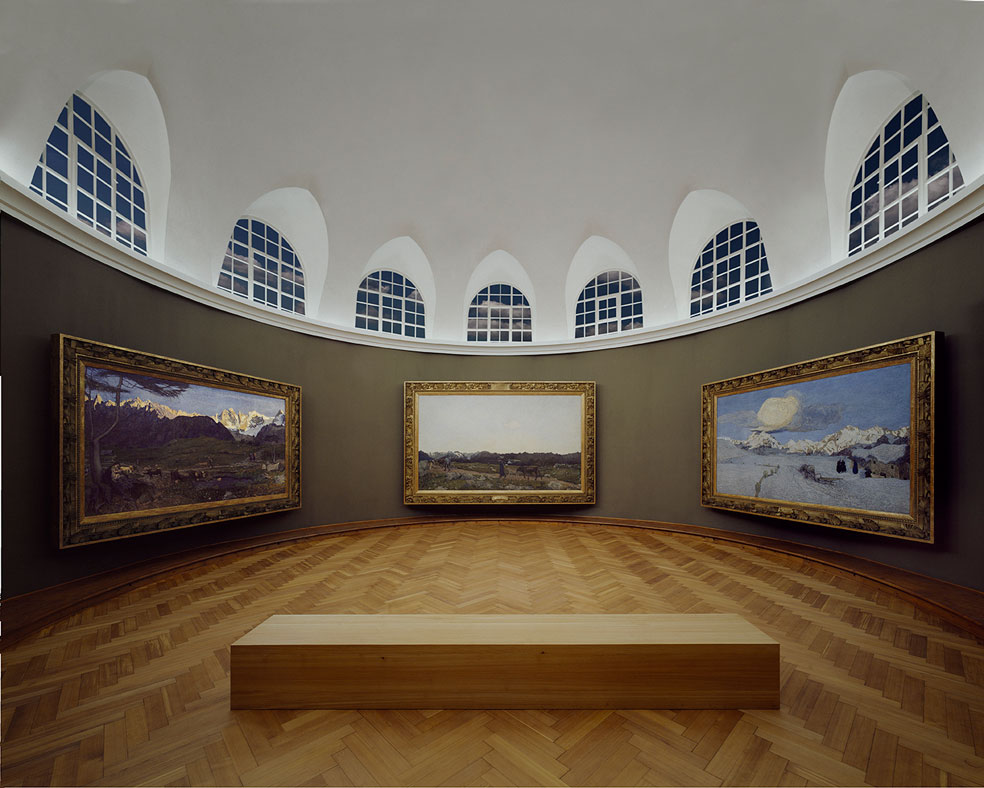
For this reason, architect Hans-Jörg Ruch has recently developed a new project to improve climate conditions and add new, up-to-date services. The new project has improved insulation, heating and ventilation. Moreover, a new lift for people with limited mobility goes from street level to the exhibition floor and the domed hall.
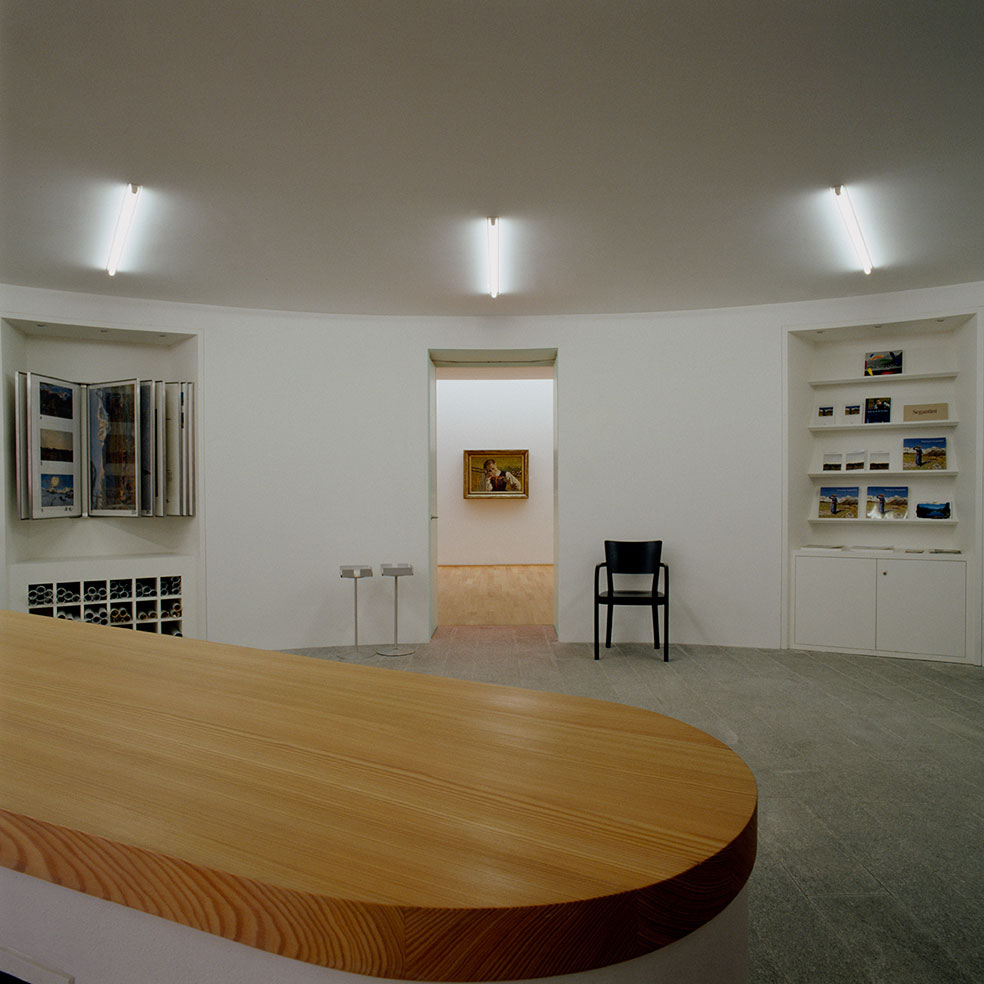
Today, after a century, the Segantini Museum in St. Moritz exhibits again the “Trittico delle Alpi” with La Natura, La Vita, La Morte, placed side by side on the circular panel surrounding the room. Moreover, the colors of the domed hall are once again those of the origins.
Discover also Muzeum Susch in the Engadin Valley

